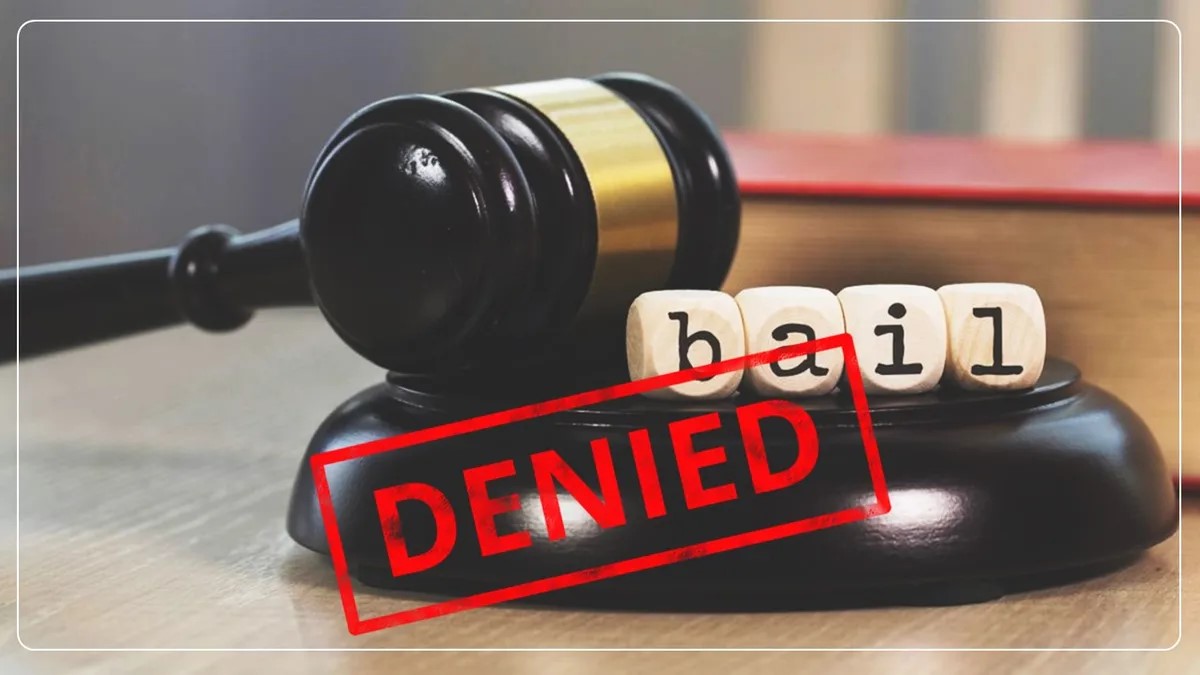The High Court has denied bail to Nkosinathi Winston Ngozwane, a South African national facing charges of murder, robbery, and kidnapping in Eswatini.
Judge Maseko ruled that Ngozwane failed to prove exceptional circumstances justifying his release, citing strong evidence against him and the risk of flight.
Ngozwane, a resident of Pretoria, South Africa, was arrested by Manzini police on May 27, 2024. He applied for bail on August 1, 2024, arguing that he had surrendered himself to the authorities and was willing to cooperate with investigations.
He also claimed he was innocent and had only played a minor role in the events leading to the victim’s death. Ngozwane stated that he would reside with a friend’s family in Gundvwini, Manzini, if released on bail and promised not to interfere with witnesses or flee the country.
RELATED: Man denied bail for allegedly raping, forcing daughter (13) to abort
However, the prosecution filed an answering affidavit by Detective Sergeant Ayanda Dlamini, who strongly opposed bail.
Detective Dlamini presented evidence suggesting Ngozwane was actively involved in planning and executing the crime, including withdrawing money from the victim’s accounts and using an electronic device to verify PINs while the victim was being tortured.
He further revealed that Ngozwane fled to South Africa after the murder and was later arrested at the Mbabane Club following a tip-off—not through voluntary surrender, as the accused claimed.
Judge Maseko ruled that Ngozwane had failed to present compelling reasons for bail.

The court emphasized that he was charged under Schedule Five of the Criminal Procedure and Evidence Act, which requires an accused person to prove the existence of exceptional circumstances to be granted bail.
The judge highlighted the severity of the charges, the potential for a lengthy sentence, and the likelihood of the suspect absconding if released.
The court also noted conflicting accounts in Ngozwane’s statements, particularly his admission to withdraw cash from the victim’s accounts while denying involvement in the murder.
Judge Maseko referenced Detective Dlamini’s testimony, which detailed how Ngozwane and his co-accused acted in furtherance of a common purpose, including kidnapping the victim’s security guard and girlfriend, torturing the victim, and looting his bank accounts.
RELATED: South Africa’s Transnet seeks government bailout as debt mounts
Evidence further suggested that Ngozwane crossed into South Africa illegally after the crime and later attempted to withdraw more money at an ATM in ALZU, South Africa.
The ruling underscores the stringent bail conditions for serious and violent crimes in Eswatini.
The court reaffirmed that the law aims to protect citizens by making it difficult for suspects involved in heinous crimes to secure bail unless they provide strong reasons.
Judge Maseko concluded that granting bail would not be in the interest of justice and dismissed the application, further ordering that Ngozwane be kept in custody for the duration of his trial.


